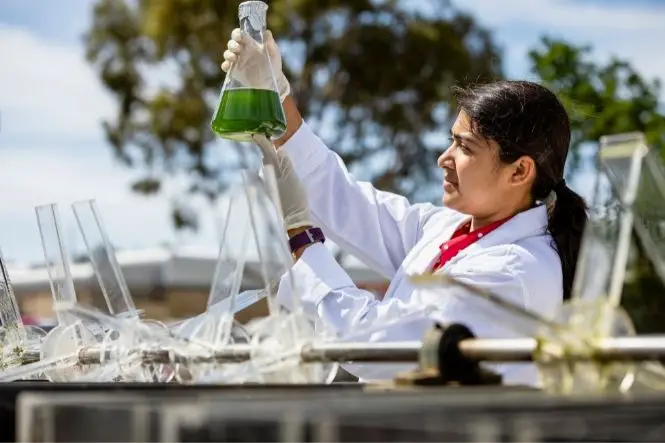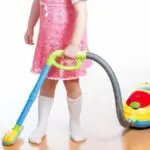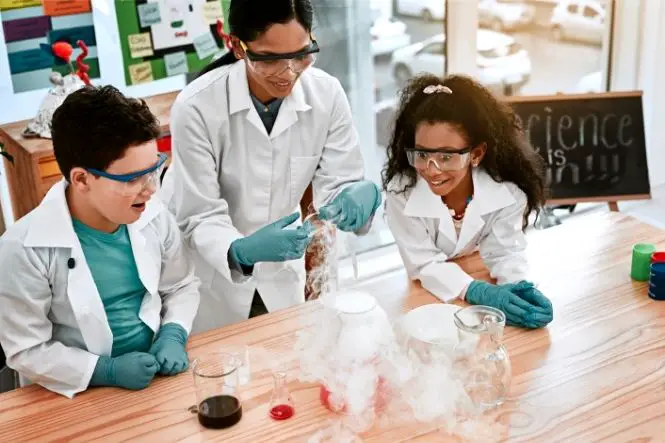Traditionally, science – particularly chemistry and physics, as well as maths, computing and technology – has been a male-dominated area. Girls may not be interested in science as a study or as a career because they think it is too hard, or do not want to do something where they might be the only girl in the class. So what can be done to encourage more girls to get interested in science?
Table of Contents
Encouraging Girls into Science
Parents can encourage girls to be interested in science – perhaps by going to science and technology museums at the weekend or during school holidays, by watching television programmes or listening to radio programmes about science, or by talking about science stories on the news.
Parents should also encourage girls to be confident about their ability to do science in the face of negative stereotypes from teachers or classmates, or in the media, and be positive about science, for example, not letting on if they found it hard at school. Even if girls do not want to carry on with science as a career, parents should encourage them to stay interested in it, because science affects so many different aspects of modern life, including health, communications, even entertainment.
There are lots of books, magazines and websites about science, both serious and just for fun, that can help get and keep girls interested in science.
Starting Early
Girls enjoy playing with science and technology toys, including construction toys like Lego, just as much well as boys, and this can help them begin to learn scientific principles early, even if they think that they are just having fun.
Science at School
According to a study by the Organisation for Economic Co-operation and Development (OECD), boys score higher in science tests than girls. This may be because girls find science at school hard and intimidating because they are competing against boys in class, who may be louder and more confident. Some studies suggest that single-sex classes could help, but this is not always practical – but girls’ science clubs could help and will be fun too.
Finding Science Careers
Girls can have the impression that science careers are boring, difficult or messy. WISE (Women into Science, Engineering and Construction) has lots of information about careers in science, technology, engineering and mathematics (STEM), and the women that are involved in them. WISE also arranges work experience so that girls can see what a career in science really involves. Schools can also help by arranging for women scientists to visit and talk about their careers and how they got there; the perils, pitfalls and the pleasures too.
Finding Female Role Models
Finding out about women in science can be a good way of getting girls interested, from the first woman to get a medical degree in the UK (Frances Hoggan, in 1870), through physicists like Marie Curie, to current women scientists like the primatologist Jane Goodall and the neuroscientist Susan Greenfield. Having more female scientist role models in books and films and on television could also help get girls more interested in science.
Ethical Issues
According to a UK survey, girls are more concerned about the ethical issues around science than boys, such as the use of animals in experimentation. Discussing these ethical issues, and showing girls how getting involved in science can allow them to make a difference, could help keep them interested in science.





